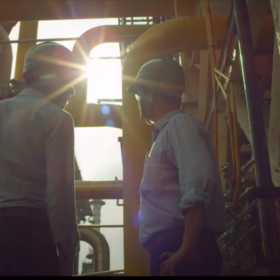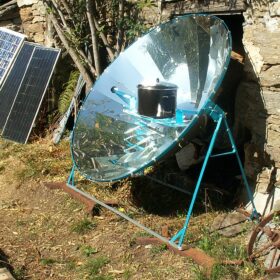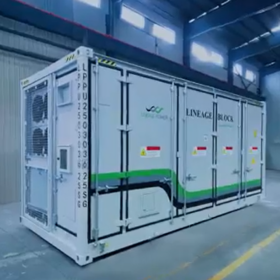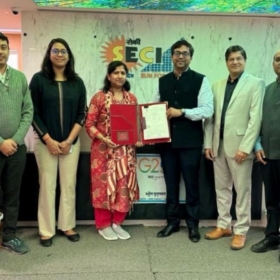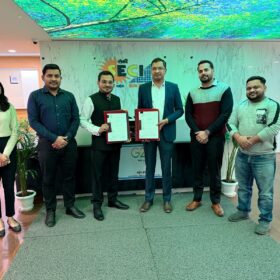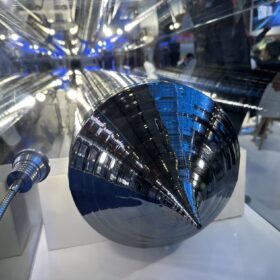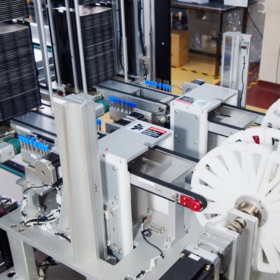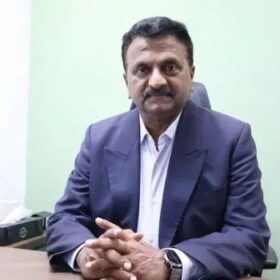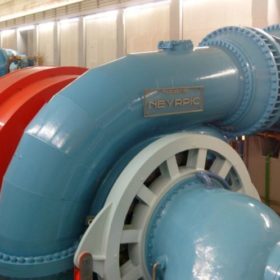India needs targeted public finance to scale green steel: IEEFA
The country’s planned steel capacity expansion presents an opportunity to adopt cleaner technologies if supported by the right financing pathways.
Why battery storage is becoming non-negotiable for renewable-rich grids in India
As renewable capacity rises, the question is no longer whether India can generate green power. The real challenge is whether the grid can absorb it smoothly and deliver it reliably when people actually need it. This is where battery energy storage systems (BESS) are increasingly seen not as a luxury but as a core part of grid planning.
India could attract $4.1 trillion in green investments by 2047: CEEW
Around 92% of the required investments—about $3.79 trillion—would flow into the energy transition, spanning renewable energy, storage, clean mobility, and green hydrogen.
Efficient solar PV cooking with sand-based thermal energy storage
Scientists in Ghana have developed a device that combines a conventional solar PV-powered steam cooker with sand-based thermal energy storage. The system can achieve a thermal efficiency of 38.9% and has a payback period of 4.5 years.
Lineage Power secures INR 1,994.20 million BESS contract from Larsen & Toubro
Lineage Power will supply battery energy storage systems to Larsen & Toubro for its project with Bihar State Power Generation Co. Ltd in Kajra.
Waaree Group secures order for 10 MWh battery energy storage system
Waaree Group has secured a 10 MWh battery energy storage system (BESS) order from a major infrastructure development company. The BESS will be deployed in Tamil Nadu.
BC Jindal Group secures PPA with SECI for 150 MW round-the-clock renewable power
B.C. Jindal Group has signed a power purchase agreement (PPA) with state-owned Solar Energy Corp. of India Ltd (SECI) for 150 MW round-the-clock (RTC) renewable power. It was allocated the capacity under SECI’s 1,200 MW RTC tender issued in November last year.
Massive 20 GWh sodium-ion battery manufacturing plant announced in China
After last year’s slowdown, investment in China’s sodium-ion battery sector is rebounding in 2025, and one of the biggest projects yet has now entered the development pipeline.
Rajasthan concludes 2 GWh standalone battery storage tender at a price of INR 2.85 lakh/MW/month
Patanjali Ayurved secured the largest slice of 250 MW/1 GWh in Rajasthan Rajya Vidyut Utpadan Nigam Ltd’s tender for a 500 MW/2000 MWh, four-hour single-cycle standalone battery energy storage system.
ACME Solar secures PPA with SECI for 200 MW solar with battery storage project
ACME Solar’s total power purchase agreement (PPA)–signed capacity has reached 5,380 MW with the latest addition of the 200 MW solar-plus-battery storage project.


